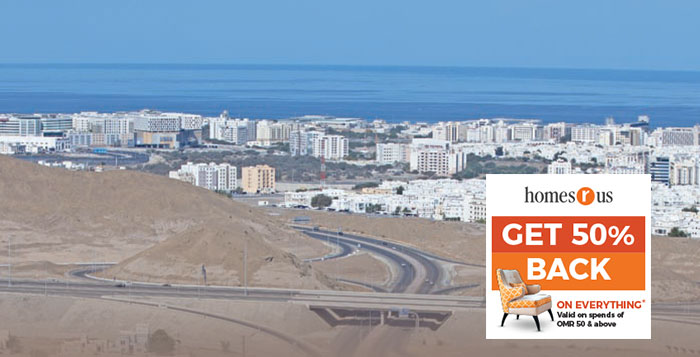
Muscat: Expatriates who buy flats under Oman’s usufruct scheme will continue to own their properties, even after they leave the country, the Ministry of Housing and Urban Planning (MOHUP) has said.
“Non-Omani owners who buy real estate in multi-storey residential and commercial buildings can keep the property even when they return to their home countries on expiry of their work contracts at a company or an organisation in Oman,” said a ministry official.
“If they wish, they can also rent the properties through a mediation office, a law firm, a realtor, or the like, to manage, rent, or oversee their assets, irrespective of whether they are within or outside Oman,” he added.
“In the future, the ministry is also seeking to find more benefits for non-Omanis who buy property in these multi-storey buildings,” said the MOHUP official.
Expats can invest in buildings coming up in some places. In Amerat, these include Al Amerat Al Hashiyah 1, Al Nahda City phases 2, 3, 4 and 5, Al Amerat Al Muhaj phases 1 and 2.
In Boushar, areas allocated are Boushar phases 1, 2 and 3, Misfah phase 2, Ghala Heights phases 1 and 2, Boushar Al Watiyah phase 2, and Al Khuwair phase 2.
Three areas in Seeb are also part of this scheme: Al Mawaleh 5, Al Khoud 2, and Al Maabela phase 7.
The usufruct period for such buildings can last for up to 50 years, and be extended for a 99-year span.
There are a number of conditions concerning the sale of homes in buildings marked for usufruct.
Firstly, the building must be constructed within the areas that have been designated for use under this scheme.
Once completed, it must be licensed by MOHUP and designed as a multi-storey residential/commercial building and divided accordingly. Housing units cannot be sold until this has been done.
Secondly, the building must have at least four floors, and each flat must have at least two rooms, with utilities.
The structure must also be a maximum of four years old from the time it was issued a building completion certificate. Usufruct can only extend to a maximum of 40 per cent of flats in any building.
Only 20 per cent of them can go to expatriates of the same nationality. The scheme is open to those who have spent at least two years in the country.
Thirdly, once a flat in the building has been sold under usufruct, the seller of the property must pay a fee of three per cent of the value of the unit on registering it with this scheme, while the buyer is required to shell out an additional five per cent.
Those who buy flats under usufruct can share ownership with their first-degree relatives, such as their parents, siblings or children, can access all common facilities, can obtain financing while using this property as a guarantee, mortgage the flat to a financial institution, and can also sell the flat, should they wish to, after a four-year period.
They can also transfer usufruct rights to their legal heirs.
The decision to sell residential properties under the usufruct scheme does not affect the privacy of Omani society.
The areas chosen for usufruct were determined keeping the privacy needs of society in mind, taking into account the makeup of society, with these locations primarily selected for investment purposes.
The objectives of the usufruct scheme are to keep pace with global trends around controlling the movement of funds, and to use them to develop the real estate market in Oman.
It is expected to bring many economic benefits, including stimulating the real estate sector, and supporting investment of further projects.
The usufruct project also aims to create a competitive business environment geared towards attracting investment in the real estate sector, inject cash into this activity, raise its contribution to the economy, and help achieve diversification and a stronger financial position by reducing the nation’s dependence on oil.
The additional services used by owners of these flats will also contribute to more funds circulating within the country.